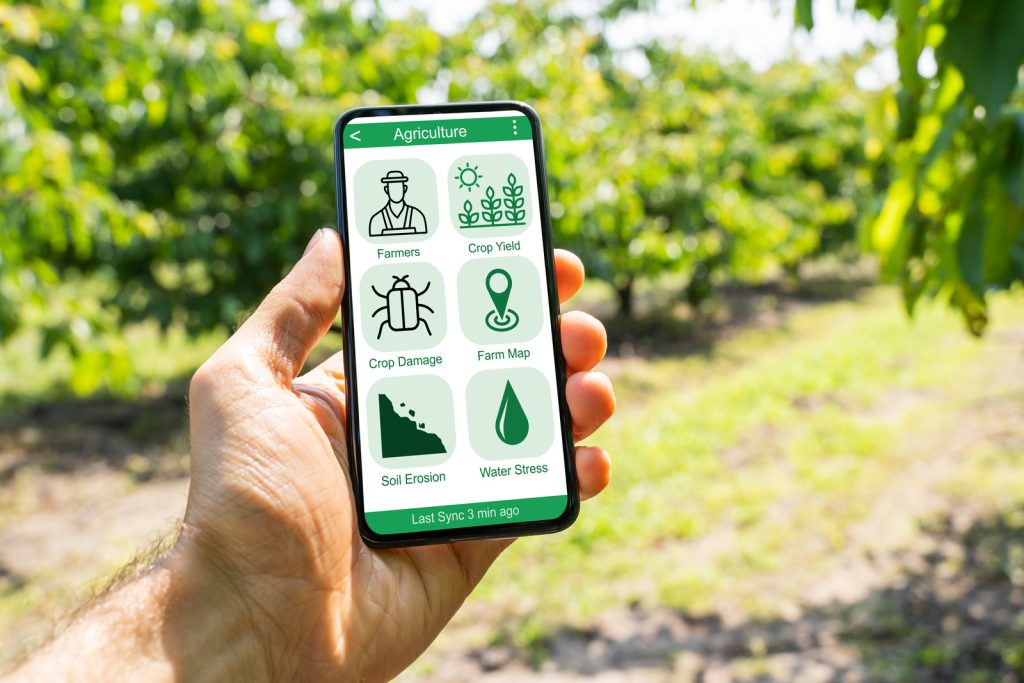Navigating Weather-Related Risks and Market Volatility with Farm Record-Keeping Apps

As farming becomes more complex and unpredictable with climate change and volatile markets, farmers need all the help they can get to manage risks and increase profits. One of the most effective tools they can rely on is farm record-keeping apps that allow them to track their expenses and revenues, monitor their crops and livestock […]
Leveraging Farm Record Keeping Software for Effective Contract Management

In modern-day agriculture, the use of technology has become essential for streamlining day-to-day operations on the farm. One important aspect where technology can make a significant impact is in contract management. By leveraging farm record keeping software, farmers can efficiently manage contracts with suppliers, buyers, and other stakeholders, ensuring compliance and transparency throughout the process. […]
